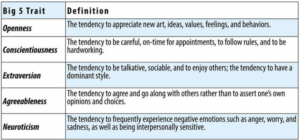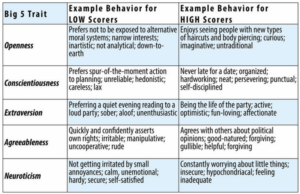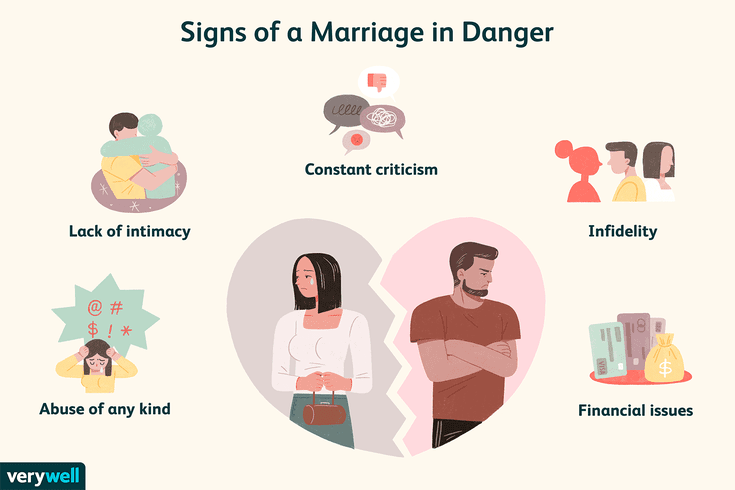Warm up
—- ** FOR NEW STUDENTS ** —————————————- ———-
- What industry do you work in and what is your role?
- What are your responses in your role / position?
- Can you describe to the function of your workplace / company?
- How many departments, how many offices. National or International?
- What is the Minimum requirements for employment ie Education or Experience?
- How many opportunities are there to ‘move up the ladder’?
- What is the process for changing job roles ie Interview? Test?
——————————————————– ———————————————–
General discussion about your workweek:
- Current projects? Deadlines? Opportunities?
- Anything of interest happening?
——————————————————– ———————————————-
Listening
- How many times do “they” say people are changing their careers in a lifetime?
- What does EQ stand for?
- What is social communication?
Script
-
Career what’s a new role, responsibilities, or management opportunities, you know the skills you need to acquire to next rung.
-
This Consider: People are changing their careers more than ever; Some say as much as five to seven times in a lifetime and with the rise of artificial intelligence and other technologies, The hard skills you’re racing to learn might just become obsolete. But there’s something else to focus on … Emotional Intelligence.
-
It’s an ability to have a deep awareness of your own emotions — and the emotions of others — and use this information to guide your thinking and research. Shows a person’s emotional quotient (or EQ) can be a more effective indicator of potential success their IQ.
-
Not to mention all the other studies that show a correlation between EQ and qualities like leadership potential, employment potential, health, happiness, and even success with relationships. Thanks from psychologist Daniel Goleman, there are five categories of intelligence
-
Self-awareness, the ability to understand your effect on others, play to your strengths, and admit your weaknesses.
-
Self-management, be able to control your impulses and avoid acting rashly.
-
Motivation, having the innate passion to challenge yourself and remain optimistic when the going gets tough.
-
Empathy, not just listening to those around you, but really trying to understand their point of view.
-
And social communication, the ability to manage relationships and productively express your emotions.
-
It is obvious these are all great attributes to have, but what do they have to do with “Career Growth”? While new skills may only translate from one position to the next, Emotional Intelligence transforms you for The Long Haul.
-
If you’re feeling stuck in your career, consider EQ. No matter your next move, it’ll distinguish you as an effective leader.
Discussion
-
Have you ever taken a personality test? Which combination do you think best describes you?
-
Describe some situations you have been at work where someone has shown a low EQ / EI
-
What can you believe your strengths are in the workplace, in regards to your EQ? What could you improve?
Key Words and Phrases
- acquire/get/ obtain
- rung = a horizontal support on a ladder for a person’s foot. / antonym = Verticle
- obsolete = no longer used or produced
- Synonyms; Outdated, Old-Fashioned, Disused Or Fallen Into Disuse, Antiquated, Discarded, Discontinued, Old, Dated, Antique, Archaic, Defunct, Dead, Bygone, Out Of Fashion, Out, Behind The Times; Demode, Passe, Old Hat,
- Pre-designed obsolescence
- = Planned obsolescence, or built-in obsolescence, in industrial design and economics is a policy of planning or designing a product with an artificially limited useful life, so that becomes obsolete (i, unfashionable, or no longer of time.
- quotient = amount of a specified quality
- indicator = something that indicates / a gauge or meter of a specified kind.
- correlation = mutual relationship or connection between two or more things.
- Self-awareness = conscious knowledge of your own character and feelings.
- Self-management = taking responsibility for your own behavior and well-being.
- impulses / instinct / drive / compensation = a sudden strong and unreflective urge or desire to act.
- acting rashly = acting or too hastily / quickly or without consideration. “Rash decision”
- innate/inborn/natural/instinctive
- “Going gets tough” = When the going gets tough, the tough getting going – meaning when the situation becomes difficult, the strong will work harder to meet the challenge
- attributes = a quality or feature seen as a characteristic of someone or something.
- long haul = long distance / a prolonged and difficult effort or task.
- Personality traits;
- The “Big 5”
- Openness = openness involves five facets, or dimensions, including active imagination (fantasy), aesthetic sensitivity, attentiveness to inner feelings, preference for variety, and intellectual curiosity.
- Conscientiousness = Conscientiousness Is The Personality Trait Of Being Careful, Or Diligent. Conscientiousness Implies A Desire To Do A Task Well, And To Take Obligations To Others Seriously. Conscientious People Tend To Be Efficient And Organized Show Self-Discipline, Act Dutifully, And Aim for achievement ;
- Extraversion = Extraverts Tend To Enjoy Human Interactions And To Be Enthusiastic, Talkative, Assertive, And Gregarious. Extraverts Are Energized And Thrive Off Being Around Other People. They Work Well In Groups. An Extraverted Person Is Likely To Enjoy Time Spent With People And Find less reward in time spent alone
- Agreeableness = kind, sympathetic, cooperative, warm, and considerate
- Neuroticism = Individuals Who Score High On Neuroticism Are More Likely Than Average To Be Moody And To Experience Such Feelings As Anxiety, Worry, Fear, Anger, Frustration, Envy, Jealousy, Guilt, Depressed Mood, And Loneliness


as much as five to seven times in a lifetime
the ability to manage relationships and productively express your emotions.



